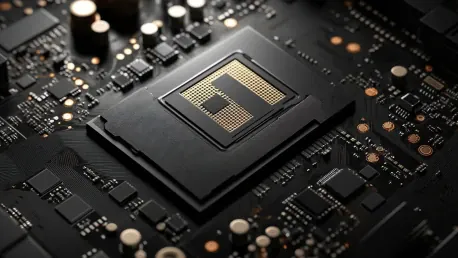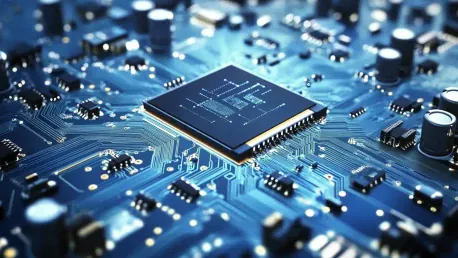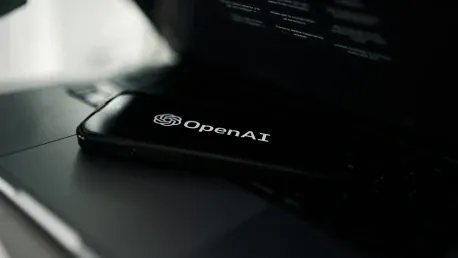
The advent of Artificial Intelligence (AI) Personal Computers (PCs) has sparked a significant debate in the computing market. Major manufacturers like Intel, AMD, Dell, HP, Lenovo, and NVIDIA are advocating AI PCs as the next big revolution in computing technology. These companies claim that AI PCs

Sony's decision to develop its own AI hardware for the PlayStation 5 Pro (PS5 Pro) marks a significant shift in the gaming industry, showcasing the company's ambition to lead in next-generation gaming technology. Instead of relying on technology from AMD, which provides the CPU cores and

The recent advancements in semiconductor technology represent a significant stride in the field of artificial intelligence (AI) hardware, especially in the development of high-rise, three-dimensional (3D) chips. The traditional industry practice of increasing the number of transistors on a single

The rapid advancements in artificial intelligence (AI) are fundamentally reshaping a multitude of industries, driven by the powerful capabilities of graphics processing units (GPUs) and neural processing units (NPUs). These technological marvels, initially developed for entirely different purposes,

In a bold move that underscores the rapid evolution of artificial intelligence, Cerebras Systems has introduced the world’s largest chip, sparking a transformative shift in AI hardware advancements. This breakthrough has profound implications for how AI systems are trained and deployed, especially w

Artificial intelligence (AI) companies, particularly OpenAI, are transforming the development of large language models (LLMs) by moving away from the dominant "bigger is better" philosophy. Historically, the AI field has focused on improving performance by scaling up models with more data